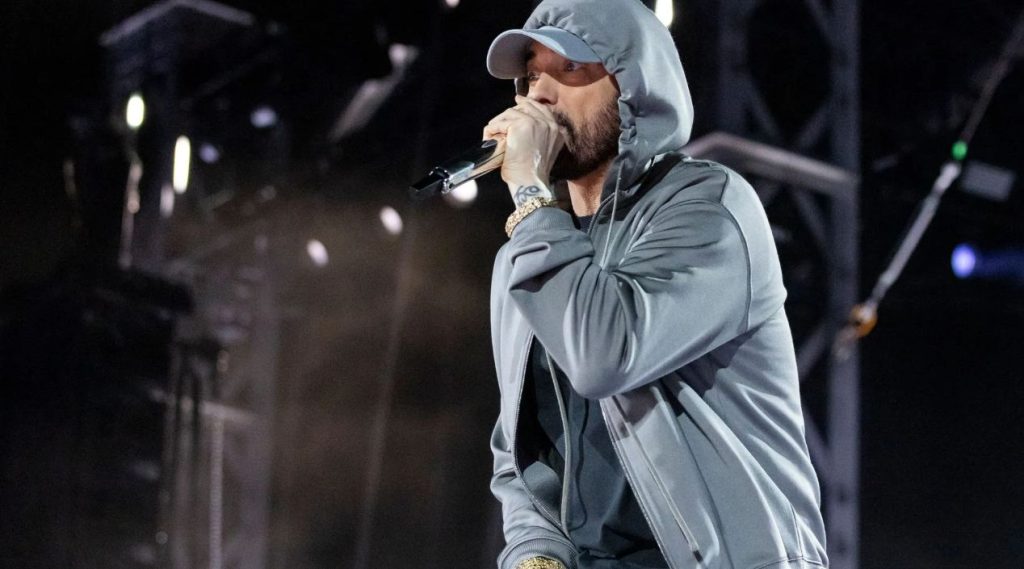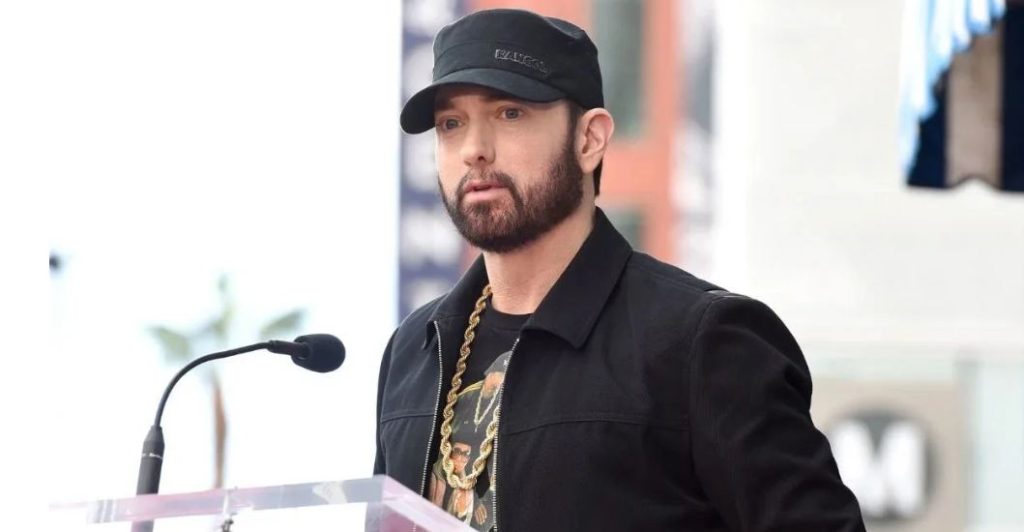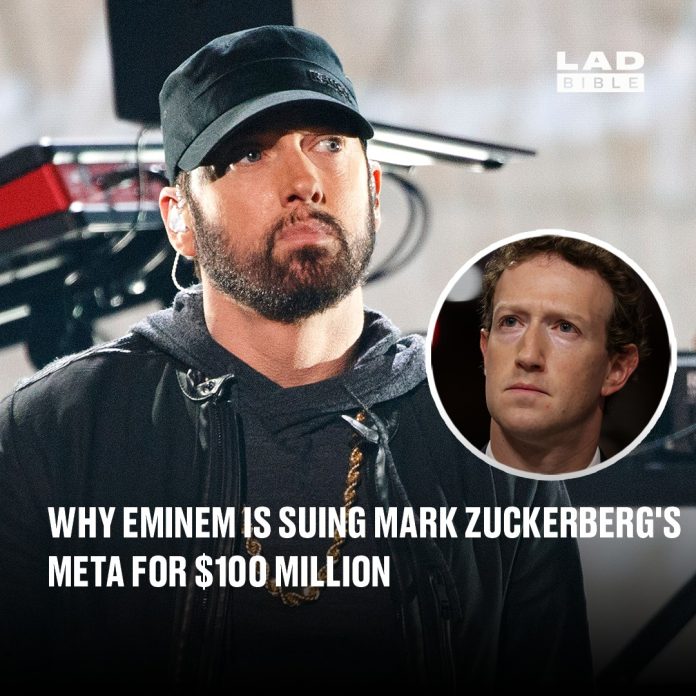On May 30, 2025, Eminem’s music publishing company, Eight Mile Style, filed a $109 million lawsuit against Meta Platforms Inc., the parent company of Facebook, Instagram, and WhatsApp. The lawsuit alleges that Meta unlawfully stored, reproduced, and distributed 243 of Eminem’s songs across its platforms without obtaining the proper licenses. This legal action underscores the ongoing tension between artists and digital platforms over copyright infringement and fair compensation.
Allegations of Unauthorized Use
Eight Mile Style claims that Meta’s features, such as “Original Audio” and “Reels Remix,” have facilitated the widespread unauthorized use of Eminem’s music by users creating videos on the platforms. The lawsuit states that these tools have allowed users to incorporate Eminem’s songs into their content without proper attribution or licensing, resulting in millions of videos and billions of streams. This unauthorized usage has allegedly led to significant financial losses and diminished the value of Eminem’s copyrighted works.

Legal Claims and Damages Sought
The lawsuit, filed in a federal court in Michigan, seeks statutory damages of up to $150,000 for each of the 243 infringed songs, totaling over $109 million. Eight Mile Style is also requesting a jury trial and an injunction to prevent further unauthorized use of Eminem’s music on Meta’s platforms. The legal action emphasizes not only the financial implications but also the broader issue of protecting artists’ rights in the digital age.
Meta’s Response and Licensing Disputes
Meta has stated that it holds licenses with thousands of partners globally and has an extensive global licensing program for music on its platforms. The company claims it had been negotiating in good faith with Eight Mile Style but was surprised by the lawsuit. According to the lawsuit, Meta attempted to obtain licenses through Audiam, a digital royalty collection agency, which Eight Mile Style asserts did not have the authority to grant such licenses for Eminem’s music.
Implications for the Music Industry
This lawsuit highlights the ongoing challenges artists face in ensuring fair compensation for their work in the digital era. As user-generated content becomes increasingly prevalent on social media platforms, the proper licensing and attribution of music remain critical issues. The outcome of this case could set important precedents for how digital platforms manage and compensate for the use of copyrighted material.

Conclusion
Eminem’s legal action against Meta underscores the importance of protecting intellectual property rights in the rapidly evolving digital landscape. As the case unfolds, it will be closely watched by artists, legal experts, and digital platforms alike, potentially influencing future practices around music licensing and content creation online. This lawsuit also brings attention to the broader responsibilities of tech giants in respecting creative ownership. As social media platforms continue to expand their reach and influence, ensuring transparent licensing agreements is crucial for maintaining trust with artists and rights holders. If Meta is found liable, the ruling may force major platforms to strengthen their music licensing processes and better compensate artists for their work. Eminem’s case could pave the way for similar lawsuits from other musicians demanding rightful payment and protection of their intellectual property.

















